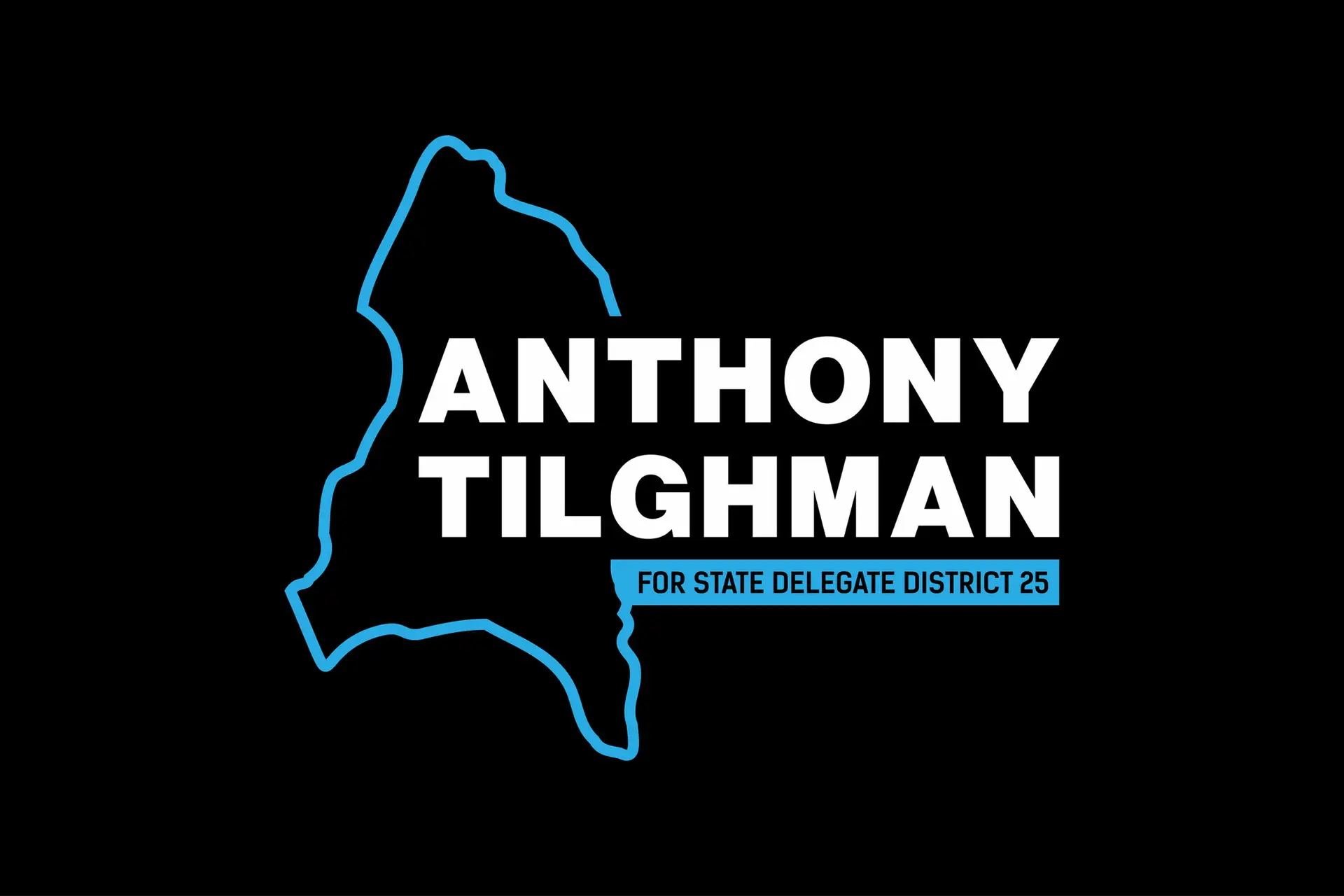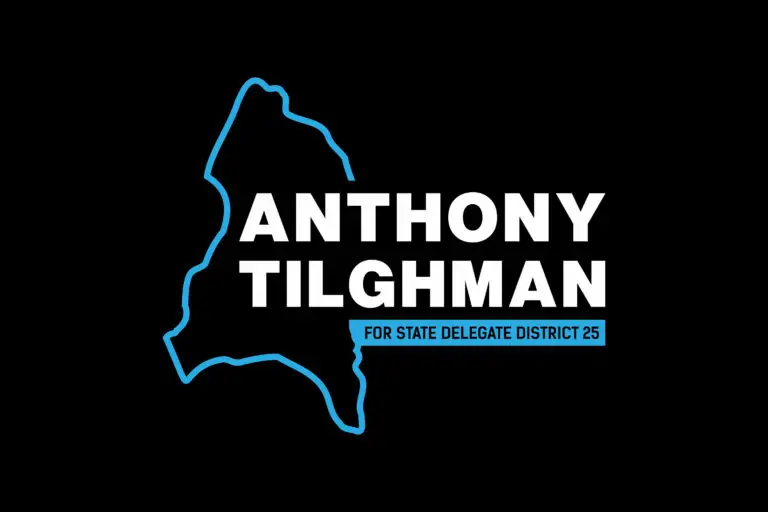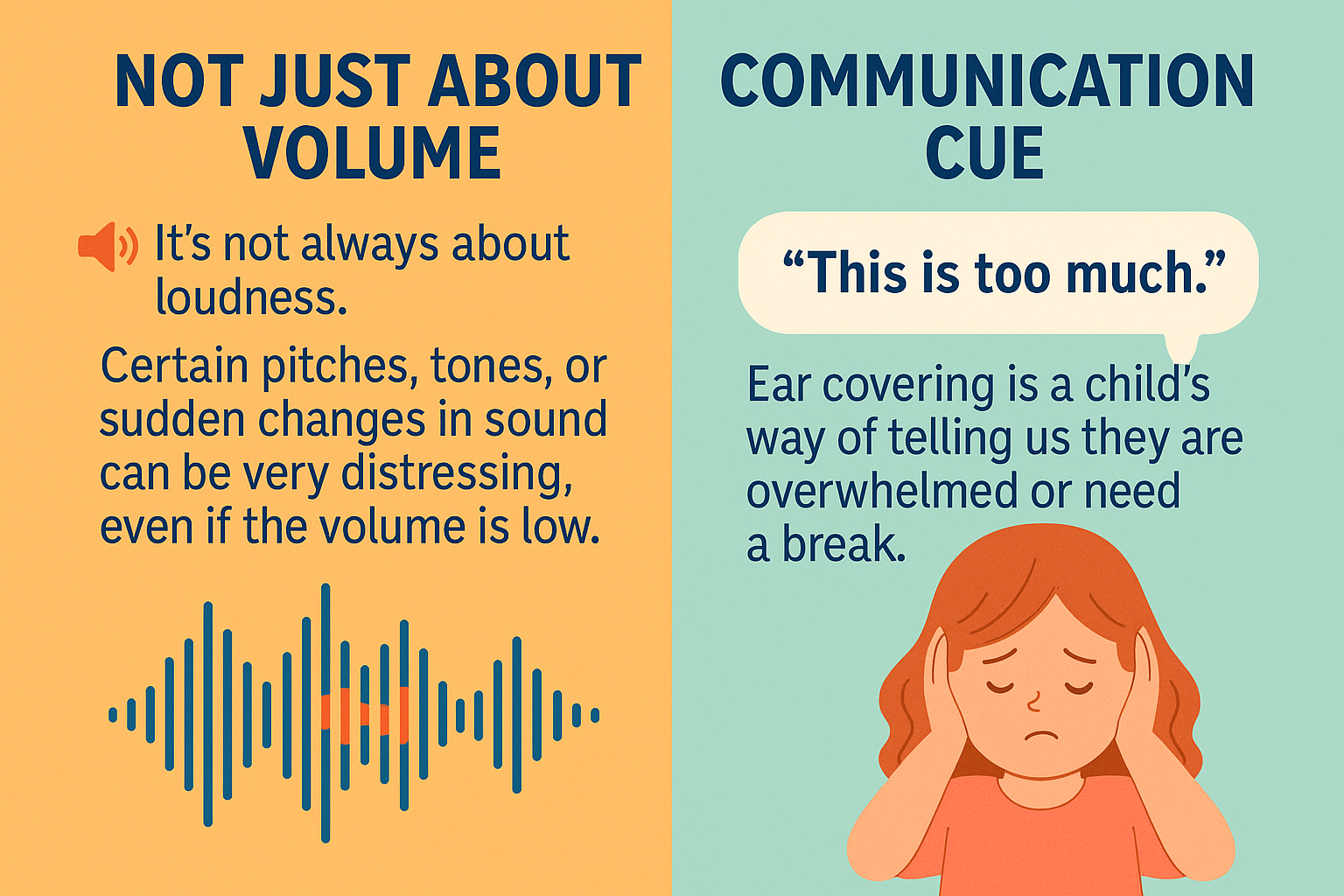Why Do Kids With Autism Cover Their Ears?
I will never forget the first time I watched my daughter cover her ears in the middle of a crowded store. For me, the noise of carts rolling, music playing and people talking barely registered. For her, it was like a tree falling down. That simple act, hands pressed firmly to her ears, was not defiance or rudeness. It was survival.
For many children with autism, this is a daily reality. Covering their ears is not about ignoring others or misbehaving. It is how they cope with sensory overload in a world that often feels unbearably loud and unpredictable.
Not Just About Volume
What I have learned as a father is that it is not always about loudness. Sometimes it is the pitch of a sound, a sudden change in tone or a repetitive noise that feels unbearable. Even at a low volume, certain sounds can overwhelm children with sensory sensitivities.
A Communication Cue
When my daughter covers her ears, she is not shutting me out. She is communicating. She is saying, “This is too much.” That moment is not a refusal to engage but a clear signal that she needs understanding, patience and sometimes simply a break. Too often, though, children like her are misunderstood. They are judged, disciplined or even punished for what is, in truth, a healthy coping mechanism.
What We Can Do
We can change this. Schools should be designed with noise-friendly spaces, soft materials to reduce echoes and quiet rooms where students can regulate. Teachers and staff should be trained to recognize signs of sensory overload and respond with compassion. Families should have access to the tools and therapies that make everyday life more manageable, from noise-canceling headphones to occupational support.
These changes are not luxuries. They are necessities if we want every child to thrive. When we build environments that work for children with autism, we often make them better for everyone: calmer classrooms, safer communities and more understanding relationships.
My Commitment
As a father, I fight for this every day at home. As a community leader, I have worked to raise awareness and create safe spaces for children and families across Prince George’s County. And as a candidate for state delegate in District 25, I am committed to advancing policies that strengthen special education, increase resources for sensory-friendly schools and provide families the support they deserve.
When a child covers their ears, it is not something to dismiss. It is a message: “This is too much.” Our responsibility as parents, educators, neighbors and leaders is to listen and respond with compassion.
My daughter has taught me that lesson. She has made me a better father, a more compassionate leader and a stronger advocate. The world can be noisy, but if we pay attention, not just to words but to the signals children give us, we can build a quieter, kinder and more inclusive Maryland where every child, including those with autism, can succeed.
Anthony Tilghman is a father, commissioner for the City of District Heights and candidate for state delegate in Maryland’s District 25. Learn more at AnthonyForMaryland.com


